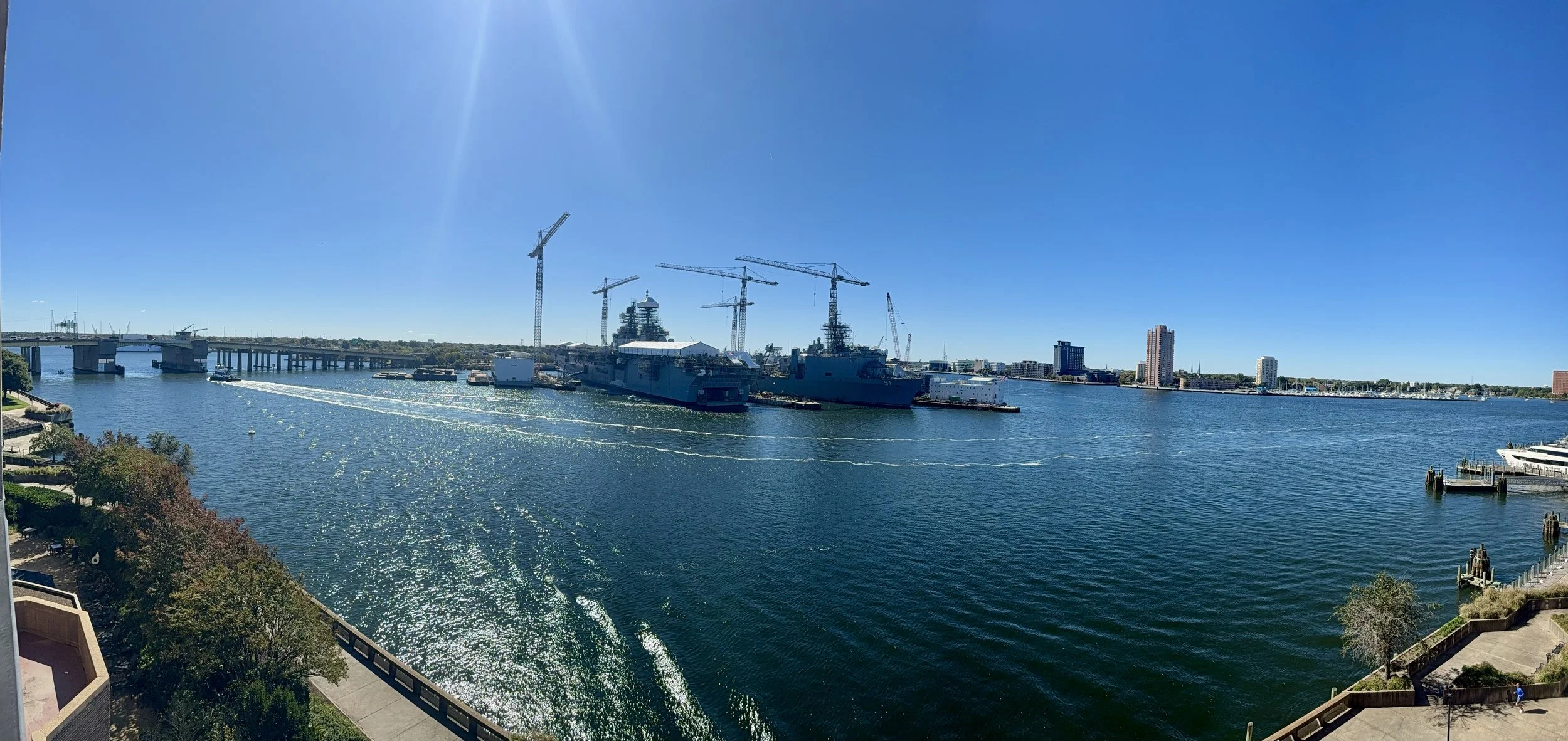Another First: Handling a Medical Emergency
It’s been a while since I last updated the blog — flying has really normalized, and most days are just smooth trips in and out of the usual airports. Around 300 hours in, I start to find myself having the bandwidth to venture more into the technique side of things, such as using the different vertical modes for a smoother ride, listening to the chatters around me to build a mental picture, etc. But every once in a while, something happens that reminds you how unpredictable this job can be.
Day one of a five-day trip started off looking like any other. I was paired with a captain who was on his six-month line check after upgrade, so we had a check airman riding along. It was just a quick hop from Boston to LaGuardia around noon, with the one MELed item to account for — nothing unusual there.
Climb out was routine until we got an EICAS message tied to the MEL. We acknowledged it, canceled it, and decided to troubleshoot once settled in cruise. No big deal. But right after I made my top-of-climb PA, the chime rang for an emergency call from the flight attendant: a passenger was having a medical emergency.
My first real one.
The check airman immediately provided guidance, while the captain and I split duties almost instinctively. He handled ATC, I kept in touch with the flight attendants, and we were lucky to have two doctors onboard who stepped in right away. The passenger was stable with a strong pulse, so it wasn’t a mayday situation, but ATC still declared a medical emergency for us and gave us priority vectors into LaGuardia.
As if that wasn’t enough, New York was gusty that day. We were warned of moderate turbulence all the way down, and sure enough, it was a bumpy descent with strong crosswinds on approach. It all happened fast, but between the three of us up front and the crew in back, everything stayed calm and coordinated.
The only real frustration came after landing. ATC moved us quickly onto the ramp, but when we got to the gate, there was… nobody. No medical team, no rampers, no one to marshal us in. Operations claimed they never got the request. The doctors onboard were shocked — if it had been a cardiac event instead of a stable passenger, those lost minutes could have mattered. Eventually, medical staff arrived, and fortunately, the passenger was able to walk off the plane on his own.
As we headed to our next flight, several passengers stopped us in the terminal to thank the crew and especially our flight attendants for how smoothly everything was handled. It reinforced something I’m learning more and more: being a good pilot isn’t just about flying. It’s about handling people, unexpected situations, and keeping the whole operation running when the script goes out the window.
Oh, and the captain passed his line check — so that was a good ending to the day, too.
Gotta enjoy the ORF overnights. Lucky to have a view every time (and this time a balcony). Same ships as last time?
Norfolk Naval Shipyard
Ventured out to have some seafood boil. Delicious.

